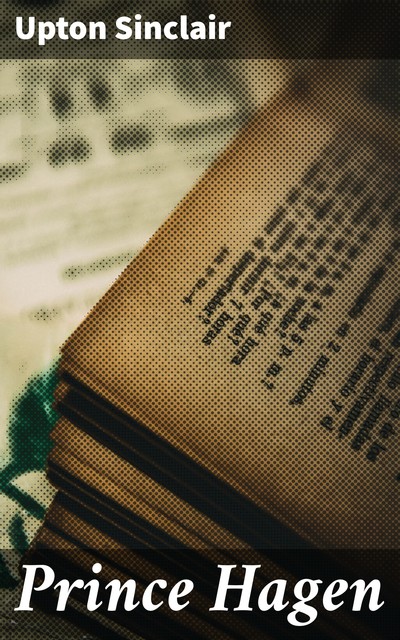In “Prince Hagen,” Upton Sinclair presents a daring exploration of power, ambition, and morality through the lens of a fictitious medieval court. Combining elements of satire and historical fiction, Sinclair critiques the socio-political dynamics of his time, drawing unsettling parallels to the capitalist struggles of early 20th-century America. The narrative unfolds with sharp dialogue and vivid imagery, marking Sinclair's distinctive literary style that marries realism with a philosophical inquiry into human nature and societal corruption. Upton Sinclair, a prominent American writer and social reformer, is renowned for his unwavering commitment to exposing societal injustices. His experiences as a muckraker and his profound understanding of the socio-economic landscape of his era undoubtedly fueled his desire to challenge prevailing notions of power and privilege in “Prince Hagen.” Sinclair's earlier works, particularly “The Jungle,” have established him as a pivotal figure in American literature, advocating for the rights of the working class and the necessity of social reform. “Prince Hagen” invites readers to delve into a captivating tale that transcends its historical backdrop, urging reflection on contemporary issues of authority and ethics. Sinclair's masterful storytelling and incisive commentary make this book an essential read for those who seek not just entertainment, but also a deeper understanding of the human condition.


